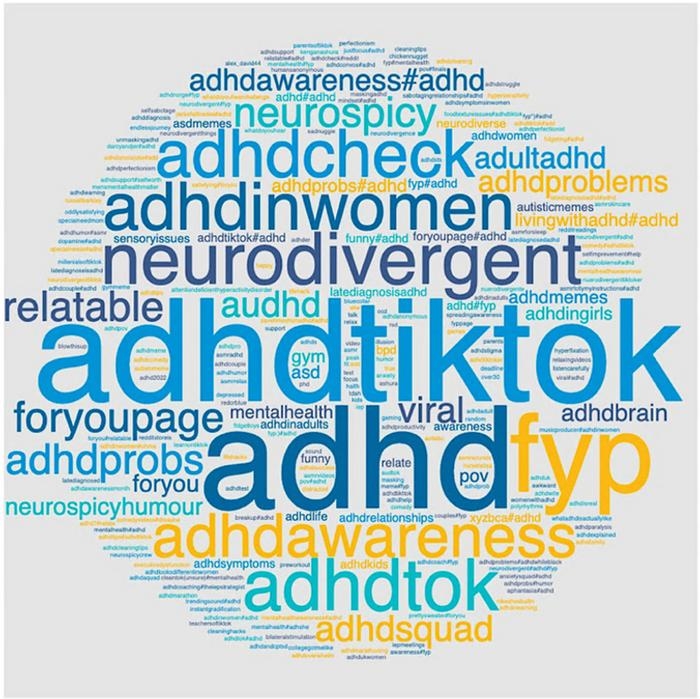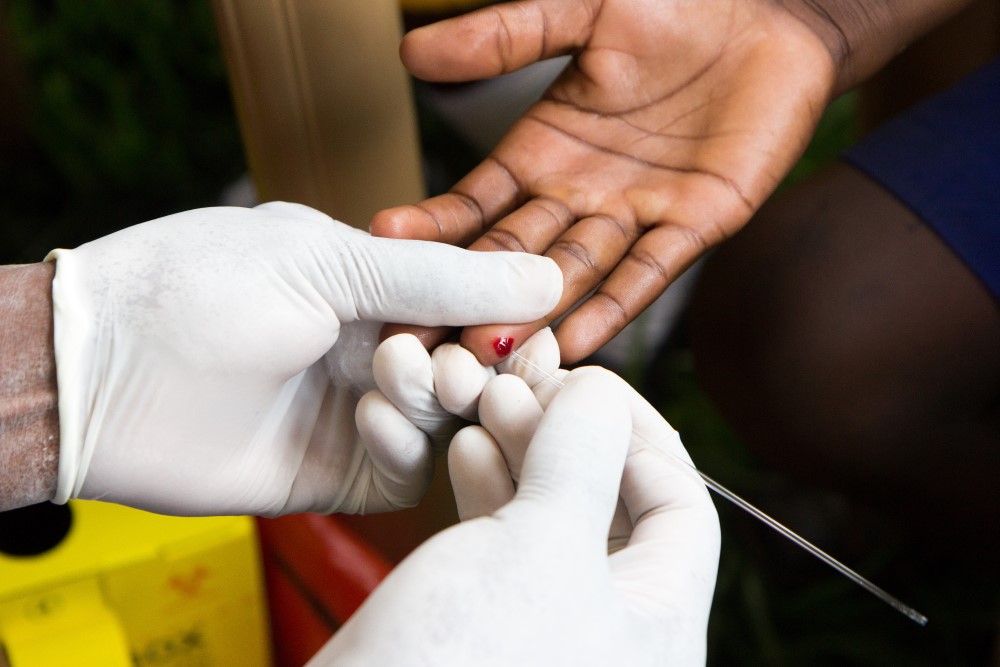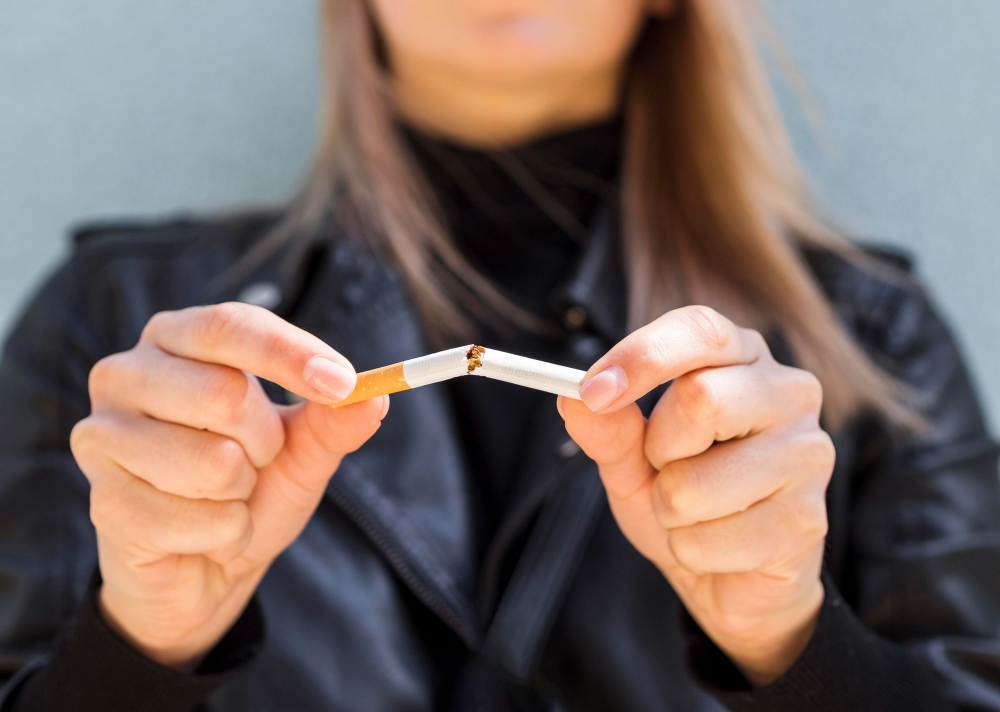An article suggests that very early childhood factors may contribute to increased anxiety in adolescents
The number of adolescents with anxiety problems seems to be increasing, especially in developed countries. An opinion article published in the journal Science proposes that maternal stress, quality of care and environmental conditions in the early years, together with current social and technological changes, may contribute to explaining this trend.









